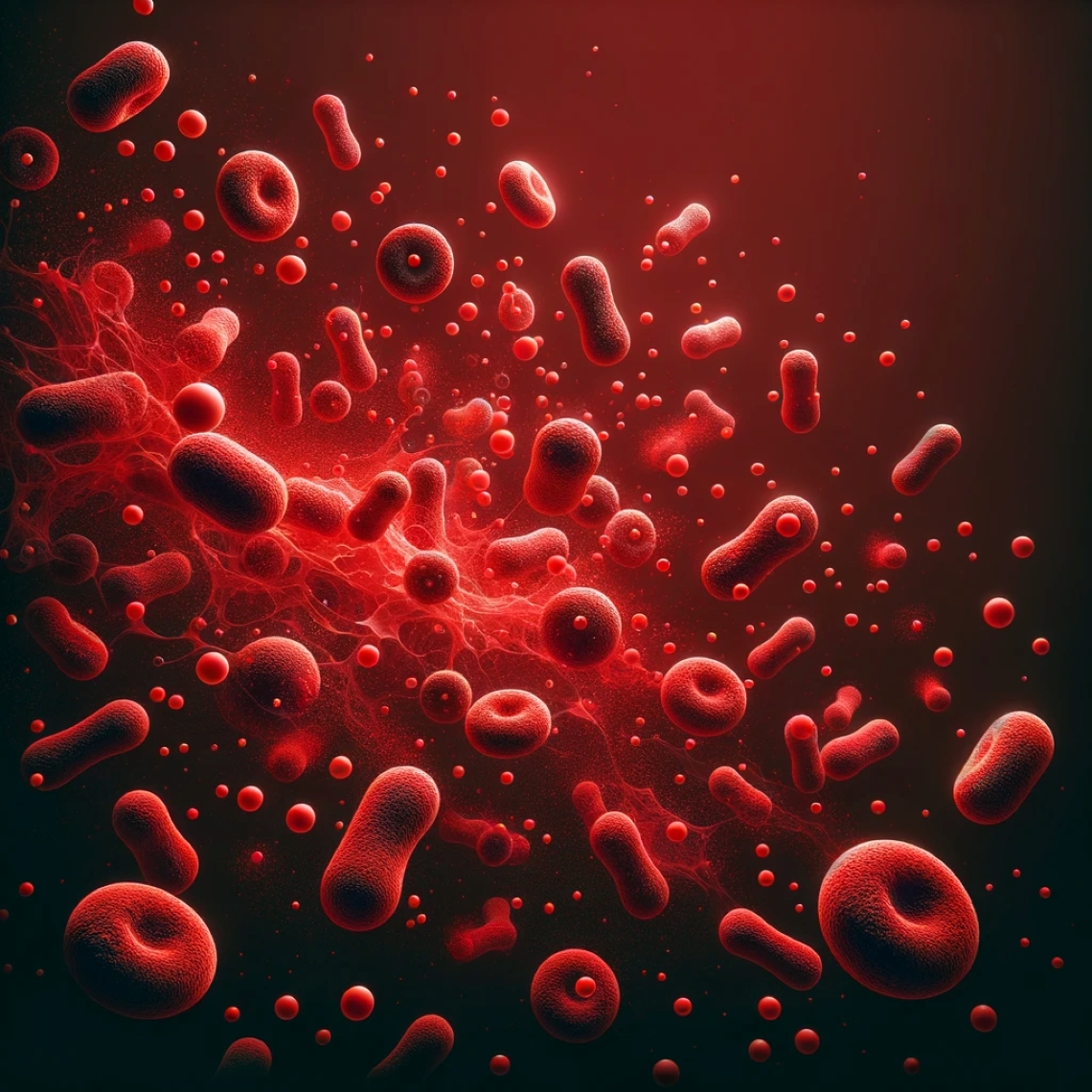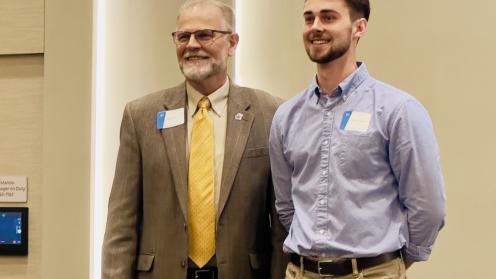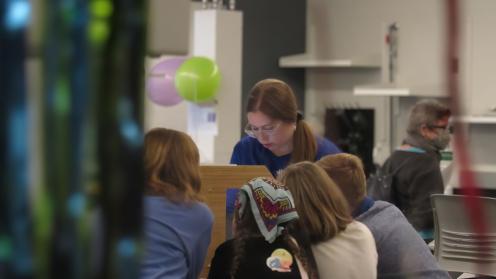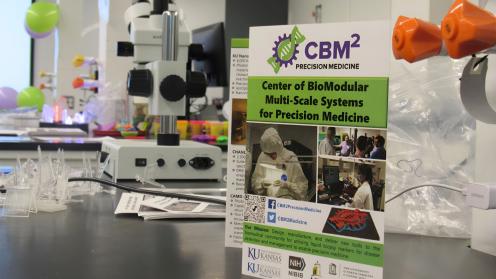
Funded by The National Institute of Biomedical Imaging and Bioengineering
We design, manufacture, and deliver new tools to the biomedical community that utilize liquid biopsies for disease detection and management.
What is Precision Medicine?
The "Precision Medicine" initiative was announced by President Obama in his 2016 State of the Union address.
The initiative aims to shift away from a generic treatment approach to customizing medications for individuals. This tailored approach ensures that patients receive the most effective and safe treatments by targeting the specific characteristics of their illness.
CBM2 is contributing to the Precision Medicine initiative by developing advanced tools that can rapidly deliver crucial diagnostic and prognostic information, overcoming current testing limitations.
As President Obama envisioned, this initiative strives to deliver "the right treatment at the right time."


Plastics Engineering
Design and fabricate microfluidic and nanofluidic devices in thermoplastics.
Learn about plastics engineering
Liquid Biopsy Analysis
Highly efficient isolation and molecular analysis (CTCs, EVs, cfDNA).
Learn about liquid biopsy analysisCBM² Stories

Passing of Prof. Michael C. Murphy – A Colleague and Friend

CMB2 Graduate Student Quentin Jarrell Triumphs in KU 3 MT Competition

CBM2 Engages Young Minds at the Carnival of Chemistry

